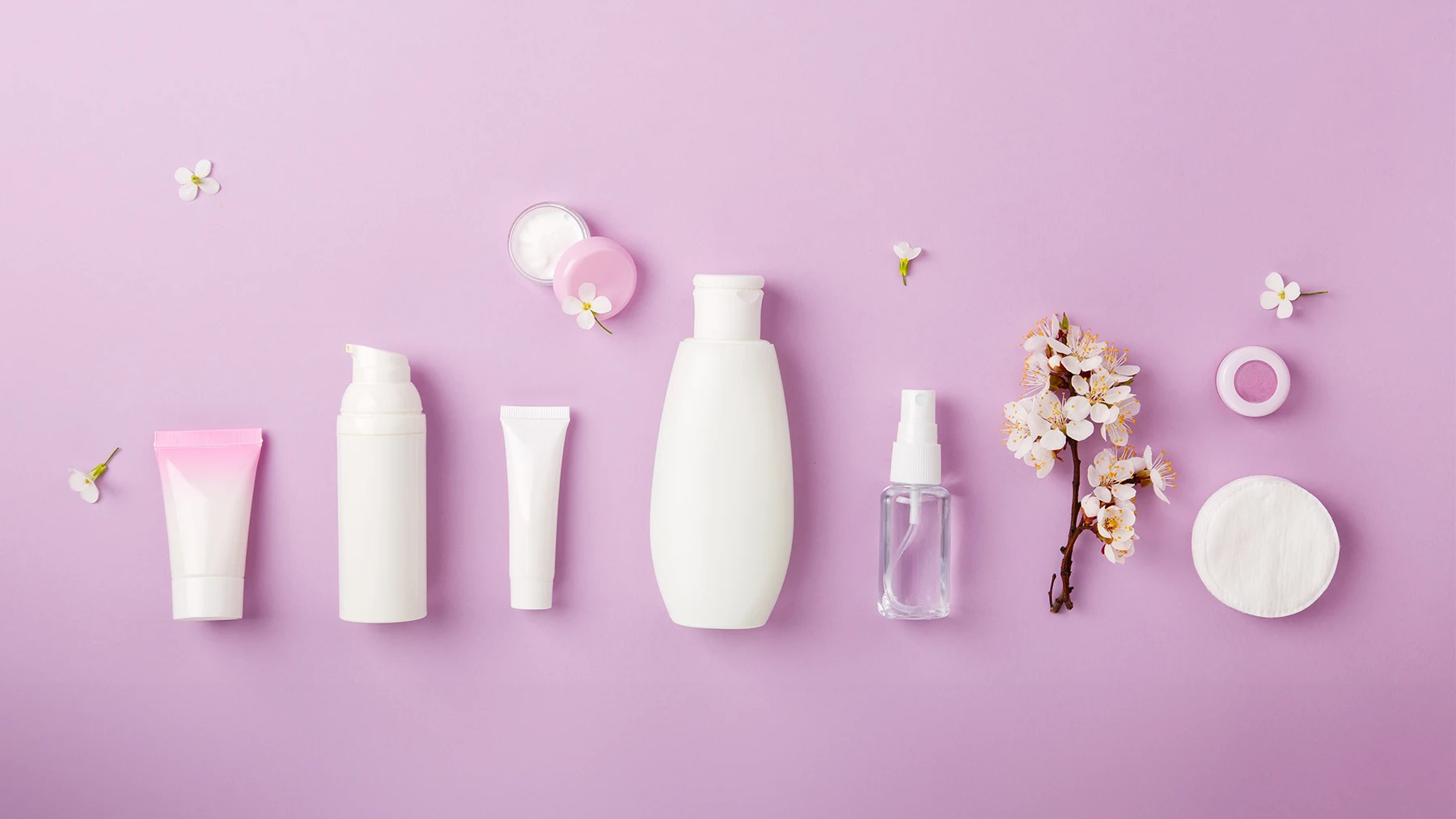
 Table of contents
Table of contents
In the haircare world, one debate refuses to fade: sulfates versus sulfate-free shampoos. While packaging often flashes these labels, what lies beneath is some complex chemistry, scalp science, and personalized beauty choices. Understanding shampoo ingredients is no longer the realm of cosmetic chemists alone. In today’s conscious beauty culture, it’s essential to know what we’re really applying to our hair and why it matters.
Understanding Shampoo Ingredients
Shampoo, at its core, is a blend of cleansing agents (surfactants), conditioning compounds, thickeners, preservatives, and fragrance. Among these, surfactants are the real workhorses – the molecules that capture oil, dirt, and product buildup so they can be rinsed away. “They are a type of surfactant, which is ‘the chassis’ of the shampoo,” said Anthony Ryan OBE, professor of physical chemistry at the University of Sheffield.
While there are dozens of surfactants, sulfates became the gold standard for one primary reason: extraordinary cleansing power combined with luxurious lather. But not all surfactants are created equal, and therein lies the origin of this debate.
Sulfates in Shampoo

Sulfates belong to a group of powerful cleansing agents derived from sulfur-containing salts. In shampoo formulations, the most commonly used sulfates include:
• Sodium Lauryl Sulfate (SLS) – Highly effective at removing oil and debris, but can be too aggressive for some hair types.
• Sodium Laureth Sulfate (SLES) – A milder variant of SLS, often used to create creamy, rich lather.
• Ammonium Lauryl Sulfate (ALS) – Another cleansing sulfate used for its foaming and cleansing abilities.
These shampoo ingredients work by lowering the surface tension between oil and water, allowing grime to be easily washed away. For decades, sulfates dominated haircare formulations because of their reliability, affordability, and consumer-favored lather.
Why Are Sulfates Controversial?
The criticism against sulfates began when consumers noticed their hair feeling dry, frizzy, or stripped after washing. Here’s why:
- Sulfates are highly efficient cleansers but lack selectivity, meaning they strip away natural scalp oils along with dirt.
- For those with sensitive scalps, curly textures, or color-treated hair, this can lead to moisture loss, irritation, and color fading.
- Environmentalists also raised concerns about the non-biodegradable nature of certain sulfate compounds.
What is a Sulfate-Free Shampoo?
Sulfate-free shampoos exclude traditional sulfate surfactants, replacing them with milder cleansing agents designed to cleanse without compromising hair integrity. Some of the most popular alternatives include:
- Sodium Cocoyl Isethionate – Derived from coconut oil; ultra-mild and gentle.
- Cocamidopropyl Betaine – A naturally derived amphoteric surfactant that stabilizes foam and enhances mildness.
- Decyl Glucoside – Plant-derived, non-ionic surfactant suitable for sensitive skin.
- Disodium Laureth Sulfosuccinate – Exceptionally gentle, often used in baby shampoos.
These alternative shampoo ingredients cleanse the scalp while preserving essential moisture and reducing the risk of irritation. They’re favored in professional haircare for maintaining hair treatments like color, keratin, or chemical straightening.
Sulfate vs. Sulfate-Free Shampoo: Which One is Better?
Choosing between sulfate and sulfate-free shampoos should hinge on personal hair type, scalp condition, and lifestyle habits.
-
Hair/Scalp TypeRecommended ShampooWhy
-
Oily scalpSulfate-basedDeep cleansing to remove excess oil
-
Dry, curly, or textured hairSulfate-freeRetains moisture and enhances definition
-
Color-treated hairSulfate-freeMinimizes color fading and dryness
-
Sensitive scalpSulfate-freeReduces risk of irritation
-
Heavy product userSulfate-basedEffective removal of buildup
Your hair type, scalp health, styling habits, and even your local water can influence what works best for you. Some love the deep-clean feel of a sulfate shampoo after days of product buildup. Others swear by the gentle care of a sulfate-free routine for color-treated or sensitive hair. Neither is wrong. The real luxury lies in knowing your shampoo ingredients, understanding your hair’s needs, and choosing products that make you feel good – every wash, every day.


